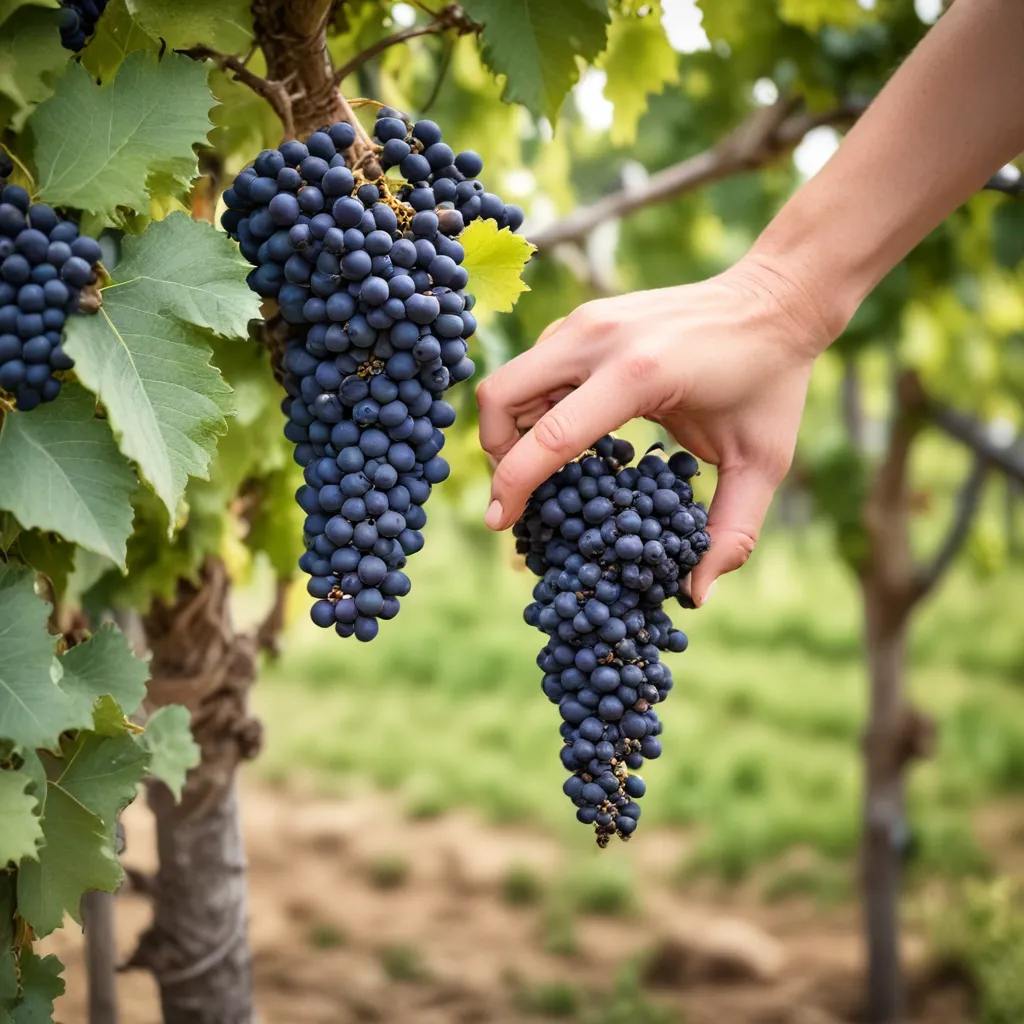
As a hospitality and wine expert for the Wine Garden Inn, I’m thrilled to delve into the fascinating world of biodynamic winemaking and its profound connection to the vineyard’s microbiome. Biodynamics is a holistic approach to agriculture that views the farm as a self-sustaining, interconnected ecosystem, where the health and harmony of the soil, plants, animals, and even cosmic forces are all intrinsically linked.
At the heart of biodynamic viticulture lies the unwavering belief that a diverse, thriving microbial community is the foundation for producing wines that truly capture the essence of their terroir. By nurturing the intricate web of bacteria, fungi, and other microorganisms that inhabit the soil and root zone, biodynamic vintners aim to unlock the secrets of the vine’s natural resilience, nutrient uptake, and flavor development.
Holistic Ecosystem Approach
Biodynamic farming takes a decidedly different approach compared to conventional or even organic agriculture. Rather than viewing the vineyard as a series of individual components to be managed in isolation, biodynamics sees the entire operation as a living, breathing organism. Every element – from the compost and cover crops to the sheep and chickens – plays a vital role in maintaining the delicate balance of this self-sustaining system.
By applying specialized biodynamic preparations, often made from fermented plant, mineral, and animal materials, biodynamic growers strive to enhance the soil’s microbiome and foster a more symbiotic relationship between the vines and their underground partners. These preparations are typically applied according to the rhythms of the moon and planets, tapping into the believed cosmic influences on plant growth and development.
Organic Viticulture Practices
At the foundation of biodynamic viticulture lie the principles of organic farming. Biodynamic growers eschew the use of synthetic pesticides, herbicides, and fertilizers, opting instead for natural, sustainable methods of pest and disease management, as well as soil fertility enhancement.
Cover cropping, green manure, and the strategic application of composted materials are all integral components of the biodynamic approach. These practices not only nourish the soil but also foster a diverse array of beneficial microorganisms, from nitrogen-fixing bacteria to mycorrhizal fungi, that play pivotal roles in the vineyard’s ecosystem.
Lunar Rhythms and Cosmic Influences
Perhaps one of the most distinctive – and often misunderstood – aspects of biodynamic winemaking is the emphasis on aligning vineyard activities with the cycles of the moon and planets. Biodynamic vintners believe that these celestial bodies exert subtle, yet profound, influences on the physiological processes of the vines and the surrounding soil life.
Tasks such as pruning, planting, harvesting, and the application of biodynamic preparations are all carefully timed to coincide with the moon’s phases and the positioning of the planets. The rationale behind this practice is to harness the perceived energetic forces of the cosmos, which are thought to optimize the vines’ growth, nutrient uptake, and overall vitality.
Vineyard Microbiome Dynamics
At the heart of the biodynamic philosophy lies the unwavering belief that a thriving, diverse microbiome is the key to producing wines that truly capture the essence of their terroir. The intricate web of microorganisms that reside in the soil and around the vine’s roots play a crucial role in nutrient cycling, disease suppression, and the overall health and resilience of the vines.
Root microbiome, the dynamic community of bacteria, fungi, and archaea that colonize the plant’s root system, is particularly important in biodynamic viticulture. These microbes engage in a symbiotic relationship with the vines, providing access to otherwise unavailable nutrients, while the plants, in turn, supply the microbes with carbohydrates and other essential compounds.
Biodynamic Preparation Applications
At the heart of biodynamic winemaking are the specialized preparations, often referred to as the “biodynamic preparations,” which are applied to the soil, compost, and vines. These preparations are typically made from a variety of fermented plant, mineral, and animal materials, each with a specific purpose in nurturing the vineyard’s ecosystem.
For example, Preparation 500, made from cow manure packed into a cow horn and buried in the soil over the winter, is believed to stimulate the soil’s microbiome and enhance its fertility. Other preparations, such as Preparation 501, made from ground-up quartz crystal, are thought to help the vines better regulate light and moisture levels.
The application of these preparations is timed according to the rhythms of the moon and planets, with the goal of aligning the vines’ physiological processes with the perceived cosmic forces. While the scientific basis for the efficacy of these preparations is still a subject of debate, many biodynamic vintners swear by their ability to nurture the vineyard’s delicate microbial balance and produce wines of exceptional quality and character.
Sensory Qualities of Biodynamic Wines
The dedication and meticulous attention to detail that goes into biodynamic winemaking often translates into wines that captivate the senses. Biodynamic wines are renowned for their aromatic complexity, with a heightened expression of terroir-specific flavors and a distinct sense of place.
The wines’ texture and mouthfeel are also often described as more harmonious and integrated, with a seamless interplay of fruit, acidity, and tannins. This is often attributed to the holistic approach of biodynamic viticulture, which aims to cultivate a balanced, resilient vine that can better withstand environmental stresses and produce grapes of exceptional quality.
As a hospitality and wine expert at the Wine Garden Inn, I’m continually amazed by the transformative power of biodynamic winemaking and its ability to unlock the true essence of the vineyard’s terroir. By nurturing the intricate web of life that thrives beneath the soil, biodynamic vintners are not only crafting wines of remarkable quality but also contributing to the long-term sustainability and resilience of their vineyards.
